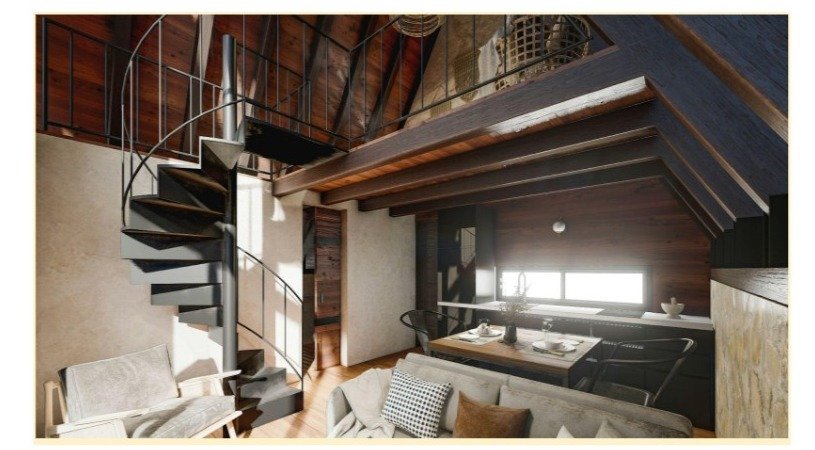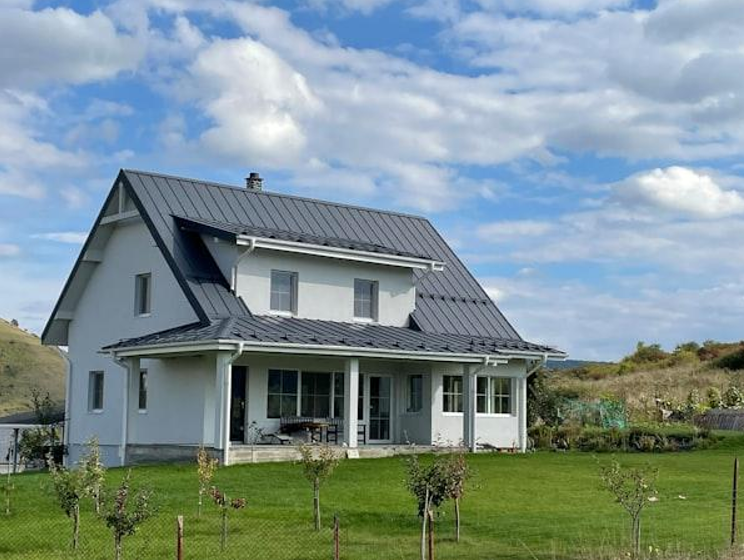A Landlord’s Guide to Property Care: Managing Tenant Responsibilities and Expectations
Owning a rental property can be an excellent investment. However, it comes with a set of responsibilities as well. As a landlord, you need to maintain the property and manage tenant expectations. However, you should still respect the rights of your tenants. By discovering the perfect balance between these two, you can keep your tenants happy. Continue reading below as we’ll share more tips on how to keep your rental units full at all times.
Understanding the Role of Tenants in Property Maintenance
As a landlord, it can be tempting to place all property maintenance responsibilities squarely on your own shoulders. However, tenants also play an important role when it comes to basic upkeep and reporting issues promptly. Clearly outline what you expect from renters in your lease agreement to set the tone as they start living in your property.
Tenants are responsible for maintaining a minimum standard of cleanliness within their unit, taking proper daily care of fixtures and appliances, and notifying the landlord as soon as possible about necessary repairs. Establish clear guidelines around acceptable housekeeping, which may stipulate no extreme clutter, regular cleaning, and proper trash disposal. Provide instructions for basic appliance use, such as air filters for HVAC systems. Describe your preferred method and timeline for repair requests—whether calling your cell, putting in a maintenance ticket online, or another process.
You can avoid vague language about tenants keeping things "clean and working properly." Spell out specifics so there is no confusion. You may want to provide basic cleaning supplies for interior surfaces before moving in, while specifying that tenants must purchase their own light bulbs, batteries, furnace filters, etc.
Be very clear about what alterations they can and cannot make themselves. Painting, wallpapering, drilling into surfaces, or rewiring are often prohibited without permission. Tell tenants to come to you first before attempting these alterations.
What Responsibilities Should Tenants Handle?
As a landlord, you are not fully responsible for the process of managing your property. There are certain responsibilities that you can leverage to your tenants as well. Effective property managers in Atlanta can help streamline the rental process and handle all maintenance requests. This can help you make your life easier as a landlord.
Major Systems and Structural Repairs
As a landlord, you are responsible for addressing any issues with major building systems like electrical, plumbing, or HVAC as soon as they arise. This includes fixing leaks in the roof or exterior walls quickly before structural damage can happen. Maintaining exterior items like sidewalks, steps, and fences in good repair also falls to you to prevent injury hazards around the rental.
Appliance Function and Replacement
Landlords are responsible for keeping appliances such as refrigerators, stoves, and dishwashers well-maintained and serviced per manufacturer guidelines. If these appliances break down beyond repair, go ahead and replace them to keep your property competitive.
Exterior and Landscape Upkeep
Curb appeal matters, so devote effort to maintaining lawns, trees, flower beds, and outdoor structures. Set a time to tend the landscape weekly and power wash siding or decks periodically. Remember to clear out rain gutters and catch basins to prevent flooding. Clearly outlining tenant yard maintenance responsibilities in the lease agreement can help prevent misunderstandings and ensure the property remains well-maintained.
Pest Control
Tenants rightfully expect a pest-free residence, so take preventative action. Schedule quarterly interior and exterior pest control treatments. Perform special sprayings as needed if tenants report issues with insects or rodents. Plug holes that allow access inside through the foundation or gaps around doors.
Improvement and Refreshing
Although tenants are responsible for basic cleaning and housekeeping, you should repaint, Upgrade flooring, or replace worn components between occupancies to keep your units competitive. Deep clean carpets and window treatments proactively rather than just responding to tenant complaints.
Tips for Setting Clear Expectations to Avoid Confusion
The lease agreement is the foundational document establishing maintenance duties and restrictions for renting one of your properties. Be as detailed as possible when delineating the responsibilities of landlord versus tenant.
Conducting a Pre-lease Walkthrough
Conduct a pre-lease walkthrough, document any existing issues needing repair, and then do an exit walkthrough when the tenancy ends to check for damage. Provide new tenants with a maintenance addendum listing specific duties like lawn care frequency, appliance operations, cleaning checklists, and more granular tasks.
Ensure Smooth Communications
Follow up the paperwork trail with frequent, friendly communication. Gently remind tenants when you notice trash piling up or weeds growing tall—don’t simply issue violations without context.
Offer Quality Maintenance Support
Provide quality maintenance based on the standards you convey. Tenants unwilling to uphold their end may point to your neglected duties as justification. Don’t expect what you do not inspect and address. Doing your diligence first makes it easier to require tenant compliance next.
Maintain Records
Keep documentation of all conversations, written notices, repairs made, and violations enforced. Photos and specific date—and time-stamped records will strengthen your case if more serious action becomes necessary down the road.
Establishing a clear understanding between landlords and tenants makes for harmonious occupancies where rent gets paid on time, properties remain well-kept, and you retain great tenants for the long run.
Final Words
Aim to find a balance between tenant independence and regular maintenance for your property. Set expectations upfront, reinforce as needed, and lead by example on the maintenance you oversee. If reasonable requests are communicated but ignored, you may levy fines or issue warnings per the signed lease.
The goal is to clearly communicate responsibilities, respond quickly to needs, and ensure the rental stays in top shape—all while maintaining positive tenant relationships built on mutual understanding and respect.








